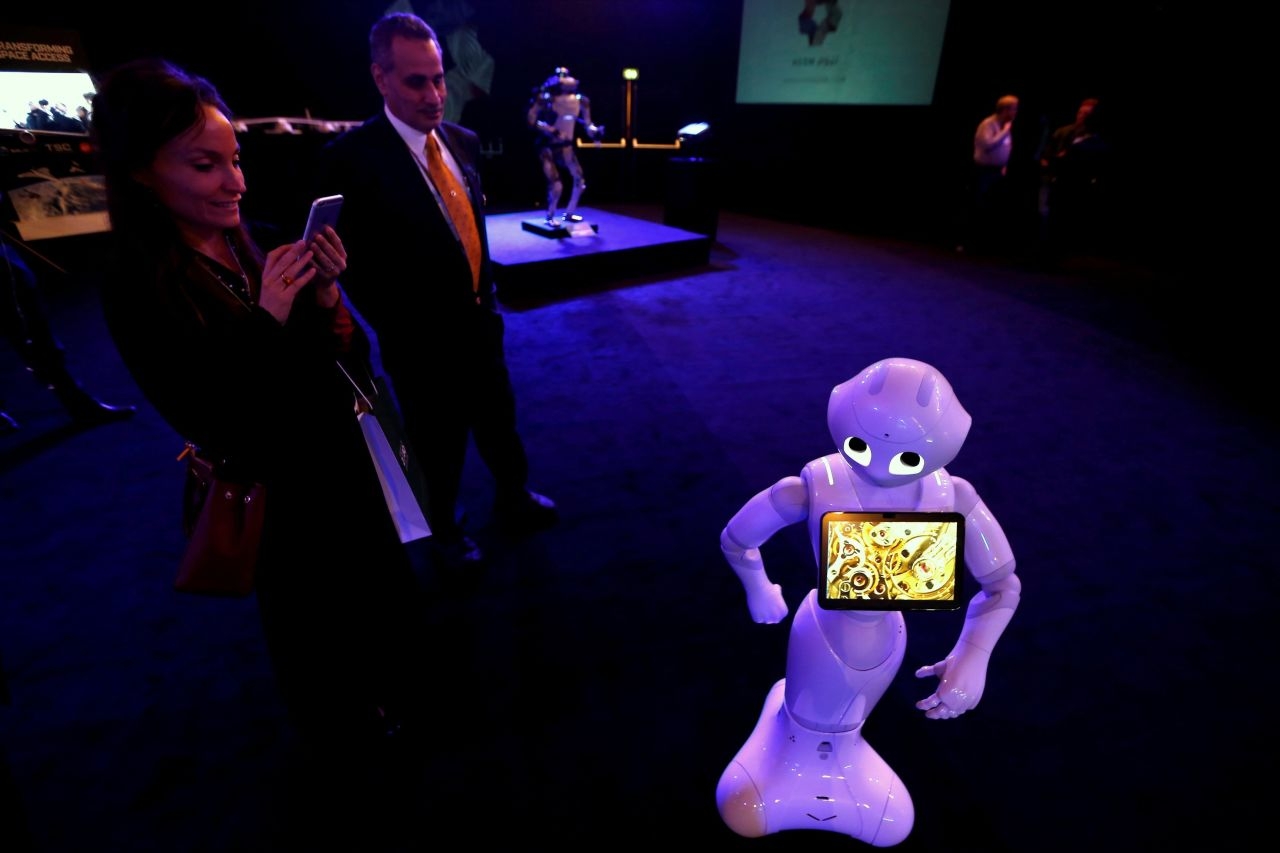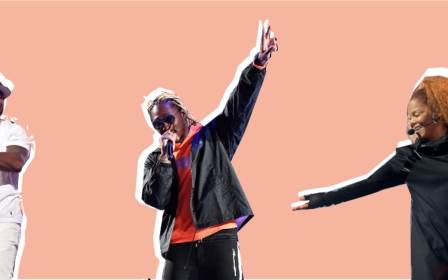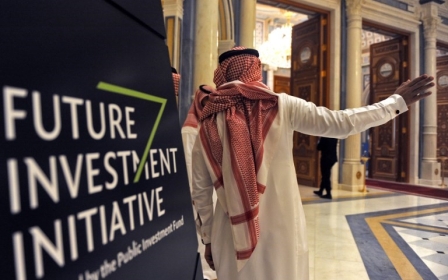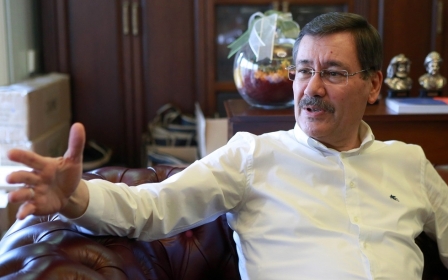Flying taxis, robots and dinosaurs: Social media pokes fun at MBS's desert dream

If Saudi Arabia’s crown prince, Mohammed bin Salman, gets his way, the future will involve dinosaurs.
Plans for a $500-billion new city - known as Neom - stretching across some 25,000 square kilometres of desertic landscape in northwestern Saudi Arabia were made public by the Wall Street Journal on Thursday. The plans unveil some of the most outrageous and puzzling details of a 2,300-page document dated September 2018.
The most bizarre ideas of the plan - created in conjunction with a group of US-based consultancies - have generated a flurry of sarcastic and confused reactions on social media.
The plans for Neom dream up commutes by flying taxis and robots that would cook, clean and spar in “head-to-head” combat with other robots for entertainment. Other entertainment features, in addition to a park filled with animatronic dinosaurs, include a beach with "glow-in-the-dark" sand and an artificial moon.
Stay informed with MEE's newsletters
Sign up to get the latest alerts, insights and analysis, starting with Turkey Unpacked
To combat desert heat, the plan includes “cloud seeding” technology in order to bring forth the rain.
Social media users have turned the project's most eccentric aspects into ridicule and accused bin Salman of using extravagant technology to cover up the kingdom's human rights abuses.
An element that has also come as a surprise for observers is the possible availability of alcohol in Neom, in a conservative country where alcohol is prohibited.
According to the Wall Street Journal, the development of Neom in an area close to the borders of Jordan, with a bridge crossing the Red Sea into Egypt, would require the forced relocation of more than 20,000 people who have inhabited the region for generations.
One resident told the WSJ of the planned neo-city: “You are dismembering an entire society. For us, it’s like death.”
In an effort to modernise and wean the kingdom of its overdependence on oil, bin Salman became the architect of Saudi’s Vision 2030. The plan states that the government will achieve its goal by selling public assets and reinvesting the funds, raising revenues through "new" channels other than oil.
Adam Coogle, a researcher at Human Rights Watch, previously told Middle East Eye that Saudi Arabia was attempting to build an entertainment industry in a bid to improve its international reputation.
"Saudi Arabia is attempting to change the country’s image in part by developing an entertainment industry and hosting concerts by well-known artists, but no public concert can paper over the dramatic decrease of space for free expression in Saudi Arabia since Mohammad bin Salman became crown prince," Coogle said.
Despite bin Salman’s efforts to recreate Saudi Arabia's image to appeal more to western countries, the crown prince has come under intense fire in the past year following the murder of Saudi journalist Jamal Khashoggi - which he is suspected to have ordered - and the imprisonment of women's rights activists.
Middle East Eye delivers independent and unrivalled coverage and analysis of the Middle East, North Africa and beyond. To learn more about republishing this content and the associated fees, please fill out this form. More about MEE can be found here.




